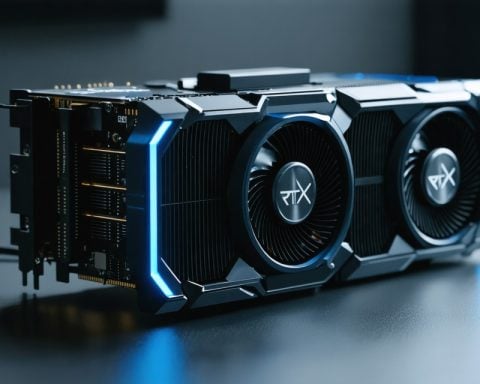The recent launch of the PlayStation 5 Pro has brought mixed reactions, particularly regarding its price of $699. Sony has faced some criticism from gamers, prompting the company to clarify its position on the ease of use associated with consoles compared to personal computers.
In a recent interview, a key executive from Sony highlighted that one of the main advantages of the PS5 Pro is its user-friendly nature. The simplicity of setup and gameplay on a console is a significant draw for many users. Unlike the often complex process of assembling a gaming PC, which can be daunting for those unfamiliar with the technology, the PS5 Pro allows players to jump right into gaming with minimal initial configuration.
Setting up a console is a straightforward process; users can expect to plug it in and start enjoying their games almost immediately. In contrast, even pre-built gaming PCs may require further installations, updates, and configuration for optimal performance. This complexity can discourage new players.
Although gaming PCs offer extensive customization and potential for superior performance, the ease of access and quick enjoyment provided by consoles is appealing to a broad audience. As Sony finds its footing leading into the next generation of gaming devices, including the anticipated PS6, the focus remains on providing users a seamless gaming experience that rivals any platform.
When comparing gaming consoles to PCs, several additional facts come into play that highlight the strengths and weaknesses of each platform.
One critical aspect is the gaming library. Consoles often have exclusive titles that are not available on PC, such as certain franchises like “God of War” or “The Last of Us,” which can draw gamers to choose consoles over PCs. In contrast, PCs benefit from a vast library of both modern and classic games available on various platforms like Steam, Epic Games, and GOG.
An important question to consider is: What is the cost of ownership over time for each platform? While the initial investment in a gaming console might be lower than purchasing a gaming PC, the cost of accessories, additional subscriptions for online play, and game prices can accumulate. Furthermore, consoles typically have a shorter lifespan due to hardware limitations compared to PCs, which can be upgraded piecemeal over time.
Key challenges include: the debate around performance versus accessibility. High-end PCs can offer superior graphics, faster load times, and overall better performance for demanding games, but this often comes with a steeper learning curve and higher initial cost. In contrast, the simplicity of consoles may appeal to casual gamers but can lead to frustration among those seeking the highest fidelity and customization options.
Advantages of consoles include:
1. User-friendly setup: Straightforward out-of-the-box experience.
2. Exclusive games: Access to titles unavailable on PC.
3. Standardized hardware: Developers optimize games for a consistent platform, minimizing compatibility issues.
Disadvantages of consoles include:
1. Limited upgradeability: Hardware is fixed, and once a switch to a new console generation is made, earlier models become obsolete.
2. Higher game prices: New and downloadable content can be priced higher than on PC.
3. Less flexibility: Customization options are heavily restricted compared to PCs.
Similar points can be raised for PCs, including their benefits and challenges. While the extensive customization options provide gamers with control over performance and aesthetics, the complexity of setup and maintenance can deter new entrants into the gaming world.
For further information on this topic, you may explore these links:
PlayStation
PC World



















